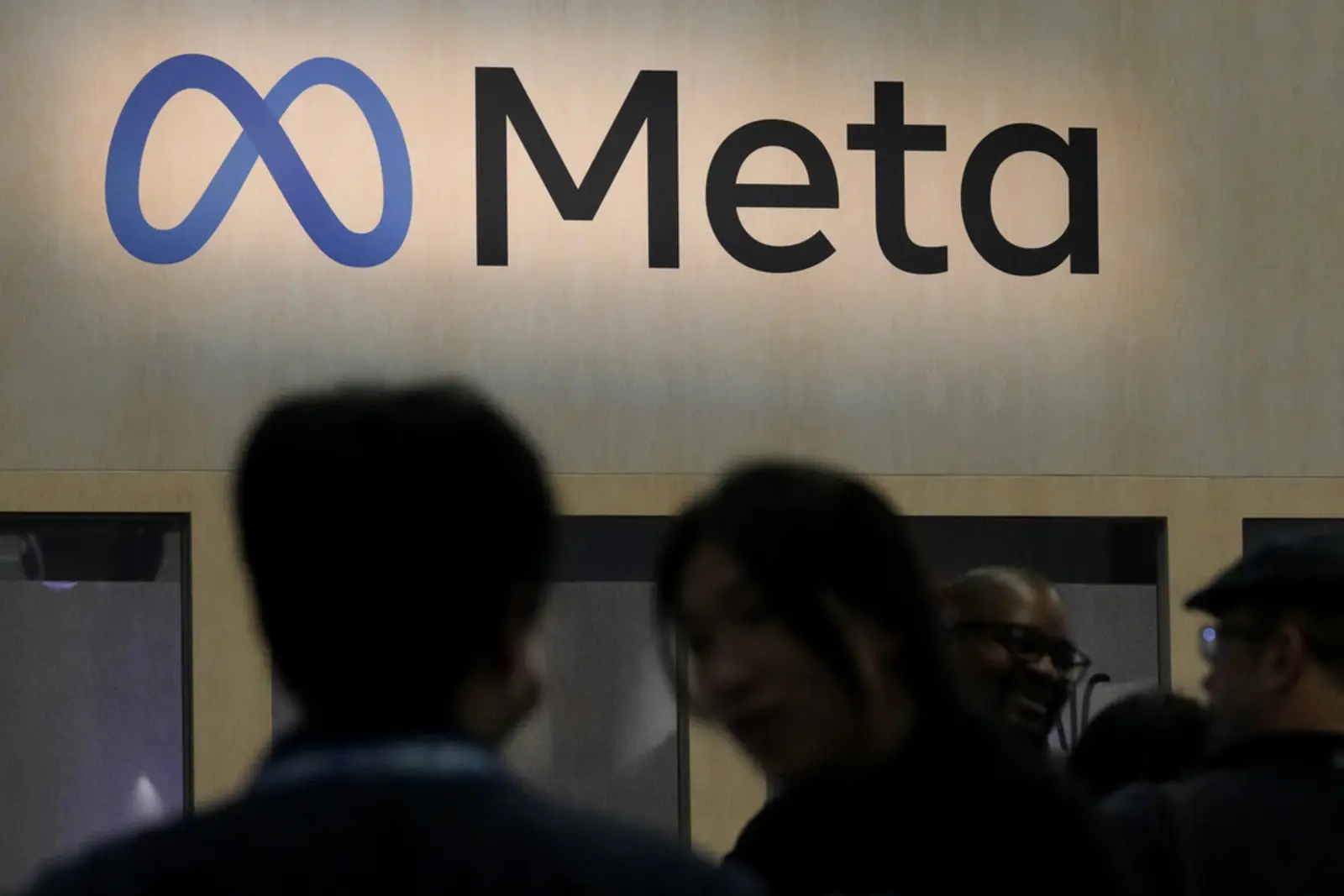
Meta Platforms is stepping into the world of humanoid robotics. The company is launching a new division within its Reality Labs unit. This team will focus on developing AI-powered robots that can assist with physical tasks. The move places Meta in direct competition with companies like Figure AI, Nvidia-backed robotics firms, and Tesla, which are already working on similar technology.
Meta’s Chief Technology Officer, Andrew Bosworth, shared details about this new project in an internal memo. He explained that the robotics team aims to build consumer humanoid robots using Meta’s AI foundation model, Llama. This advanced AI technology already powers many of Meta’s generative AI products. The company believes that expanding into robotics will enhance Meta AI and strengthen its augmented and mixed-reality programs.
The new robotics group will be led by Marc Whitten, former CEO of self-driving car company Cruise. Meta has also brought in John Koryl, previously CEO of The RealReal, as vice president of retail. Koryl will focus on expanding direct-to-consumer sales for Meta’s Quest mixed reality headsets and AI-powered wearables, including Ray-Ban Meta smart glasses. While Meta plans to grow its retail presence, most hardware sales will still happen through its retail partners.
Meta’s Investment in Future Technologies
This bold step is part of Meta’s broader investment in Reality Labs, which is dedicated to developing future technologies. However, the unit has faced financial challenges, with losses of about $5 billion in the last quarter. Despite this, major tech firms and startups continue to pour billions into AI-powered robotics for industries like manufacturing and logistics. Progress has been slow, though, as AI models that excel in language processing struggle with understanding the physical world.
Meta has been investing in “embodied AI” for years. The goal is to create AI assistants that can see, hear, and navigate real-world spaces. Yann LeCun, Meta’s top AI scientist, has been vocal about the limitations of current language models. He is working on new AI models designed to better understand physical environments.
Competition in Humanoid Robotics
Competition in humanoid robotics is heating up. Tesla’s Optimus robot is designed for daily tasks and could soon be available for customers. Fei-Fei Li, a leading AI scientist, recently launched her own startup, World Labs, to focus on “spatial intelligence.” Meanwhile, companies like Apptronik, backed by Google, have secured major funding to scale AI-powered robots for warehouse and manufacturing tasks.
Meta reportedly plans to develop its own humanoid robot hardware. Initially, the company will focus on household chores. However, Meta also aims to create AI, sensors, and software that can be used by other robotics manufacturers. The company has started discussions with robotics firms like Unitree Robotics and Figure AI. While Meta does not plan to release a branded robot immediately, its long-term vision could reshape the future of humanoid AI.
